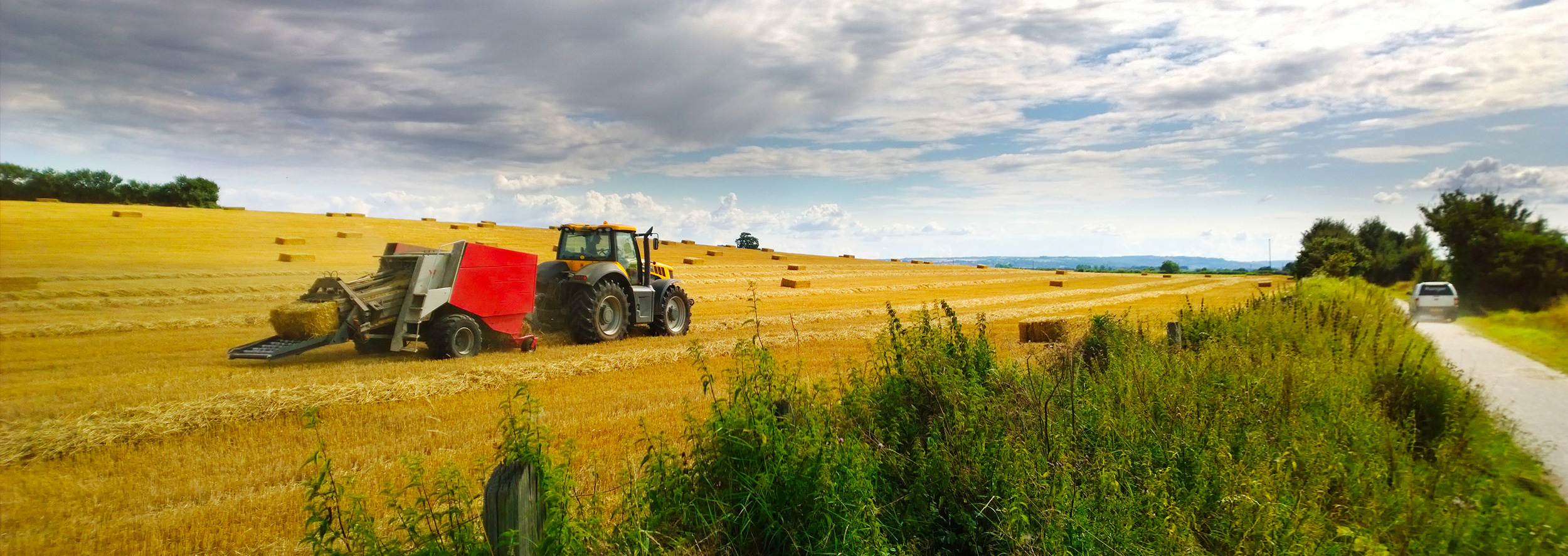
The case of Mills v Estate of Partridge [2020] considered the meaning behind using land as “agricultural land only”.
The case of Mills v Estate of Partridge [2020]
In this case the High Court considered whether a plant nursery’s inclusion of a tearoom fell into the use of the land being for “agricultural land only”. The discussion was specifically relating to whether it exceeded the right of way which allowed access to the site, and if the restrictive covenant that required the land to be used for agricultural purposes was in breach.
The Claimant sought a declaration that the Defendant’s use of the track amounted to a trespass as the use was not for “agricultural land only”.
Barker J held that the use of the right of way to access the tearoom was not for “agricultural land only”, so the Defendant (and their customers) did not have the benefit of the right of way. Further, it was decided that the Defendant was in breach of the restrictive covenant by using the field for parking for the sale of non-agricultural stock (e.g. firewood).
The Court came to this conclusion by looking at the meaning of the use of land as “agricultural land only”, with the starting point being the definition of “agriculture” in several statutes such as section 336 of the Town and Country Planning Act 1990. The Court found that whilst the meaning had developed, it had not developed to include activities that were classed as non-agricultural. The Court came to the same conclusion with regard to the meaning of covenants and easements relating to agriculture.
The Court determined that the use of the word “only” was essential as it excluded activities that did not have agriculture as a primary purpose. However, if an unrelated activity is seen to be incidental and carried on in a small or minimal way alongside the agricultural activities, it may not challenge agriculture only restrictions.
In this case as the tearoom contributed to more than 50% of the turnover for the nursery, and as the tearoom was ran independently of the nursery, it could not be classed as an agricultural activity. Due to the scale of the turnover from the tearoom, combined with the non-agricultural sale of garden ornaments, the non-agricultural activities at the nursey were so substantial it could no longer be regarded as agricultural.
Conclusion
To conclude, whilst the meaning of “agriculture” has developed along with the easements and covenants relating to agriculture, there is little room for diversification into activities that are more than minimal and can no longer be regarded as agricultural. The original purpose of the land at the time of the grant remains relevant at all times.
If you are affected by the subject of this article and would like to discuss a matter of agricultural property law with a member of our team, please contact Jennie Loynes, Associate Solcitor, at jloynes@se-solicitors.co.uk
*Disclaimer: While everything has been done to ensure the accuracy of the contents of this article, it is a general guide only. It is not comprehensive and does not constitute legal advice. Specific legal advice should be sought in relation to the particular facts of a given situation. The information is accurate at date of publication, 20th of September 2020 .
Recent posts
- SE-Solicitors Expands Debt Recovery Services with Specialist Property Recovery Acquisition
- The legal implications of remarrying following a divorce
- The Accumulator Challenge for Katharine House Hospice
- The impact of using unregulated firms for will writing, trusts and estate planning services
- Who is responsible for the maintenance of ditches within land boundaries?